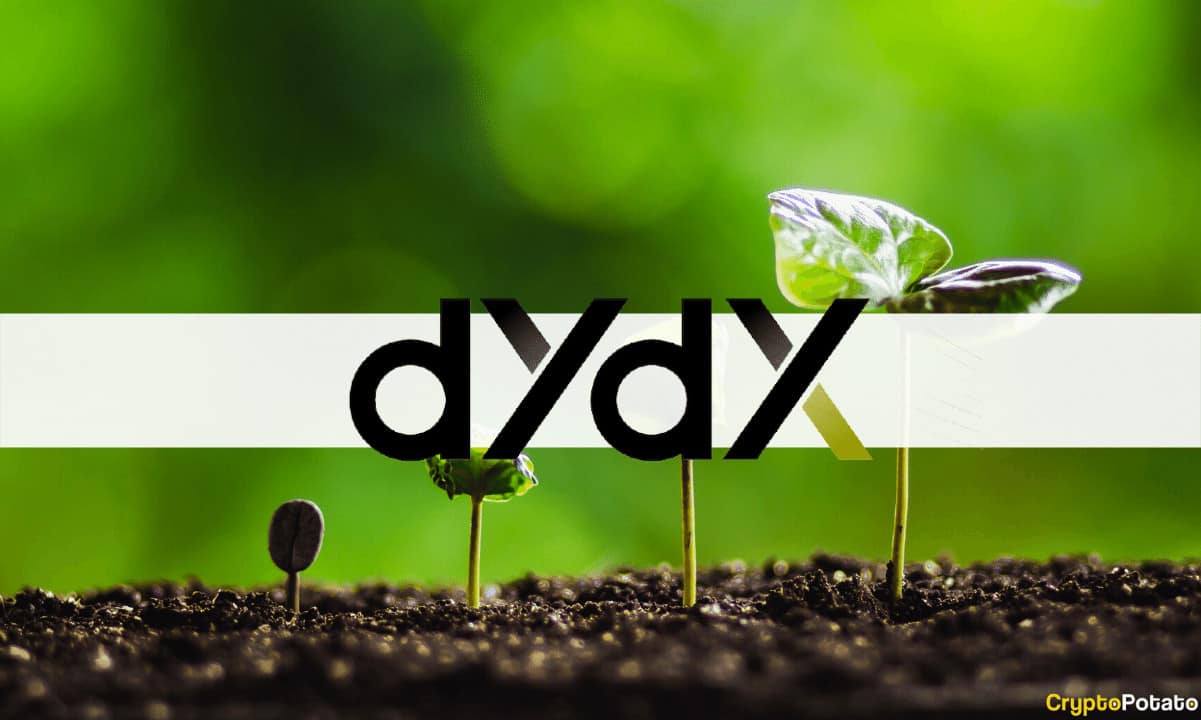

dYdX Foundation – the non-profit organization behind the popular decentralized exchange (DEX) DYDX – announced some requirements that chain validators and stakers must comply with to ensure maximum user protection.
Good practices are organized into six categories: Maximal Extractable Value (MEV), operations and security, performance, transparency, governance participation, and dYdX ecosystem consideration.
- According to a recent blog post shared by dYdX Foundation, chain validators should not engage in MEV activities or advantage any trading parties over others.
“We expect that the dYdX community will take steps to disincentivize and punish bad actors who engage in MEV activities. As such, a delegator should consider that they may be impacted if they are delegating to a validator engaging in MEV,” the team behind the entity stated.
- Validators should maintain high uptime, ensure their node is online, and keep mempools across the network more consistent “to provide a better user experience for traders.”
- Erratic behavior or misleading practices will not be tolerated.
- Chain validators should minimize slashing risk by monitoring their nodes’ performance. “It’s inadvisable to use “sentries” given increased latency, but instead opt for a threshold signer,” the team added.
- Other security practices include properly storing signing keys (they should be backed up in a separate location), implementing a system for alerting critical issues, participating in dYdX chain testnets, and operating nodes via a legal organization.
- Validators should also critically analyze governance proposals to be aware if such ideas will benefit the ecosystem. Apart from that, they should stand behind the best interests of the protocol.
- Transparency is of critical importance, too. Chain validators and stakers should engage with the dYdX community, providing them with accurate information about current developments.
“Validators may choose to be transparent about their operations and provide regular updates to their delegations. This includes publishing information about geographic location, redundancy, physical security, node performance, uptime, and rewards distribution, among other things, and full disclosure of the total number of validators operated and the total stake controlled by them,” the team concluded.
Binance Free $100 (Exclusive): Use this link to register and receive $100 free and 10% off fees on Binance Futures first month (terms).
PrimeXBT Special Offer: Use this link to register & enter CRYPTOPOTATO50 code to receive up to $7,000 on your deposits.
The post appeared first on CryptoPotato






